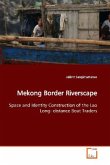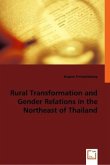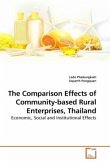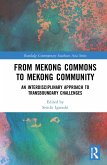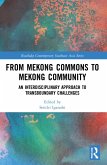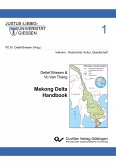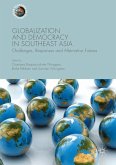This book investigates how ethnic communities in
Northern Thailand perceive problems and benefits of
local participation in the tourism planning process.
It also explores how inhabitants perceive the
general impacts of tourism development. In
particular, problems associated with tourism
development in terms of its impacts on ethnic
communities, as understood by the local residents
involved, are identified. One factor suggested by
the results is that such impacts are in part a
result of both insufficient and ineffective
participation of local residents in tourism
planning. Conflicts of interest between policymakers
and villagers were the most critical concern needing
capable institutional governance for sustaining
resources in the region. This book also suggests a
new ethical framework for future planning of the
region.
Northern Thailand perceive problems and benefits of
local participation in the tourism planning process.
It also explores how inhabitants perceive the
general impacts of tourism development. In
particular, problems associated with tourism
development in terms of its impacts on ethnic
communities, as understood by the local residents
involved, are identified. One factor suggested by
the results is that such impacts are in part a
result of both insufficient and ineffective
participation of local residents in tourism
planning. Conflicts of interest between policymakers
and villagers were the most critical concern needing
capable institutional governance for sustaining
resources in the region. This book also suggests a
new ethical framework for future planning of the
region.


